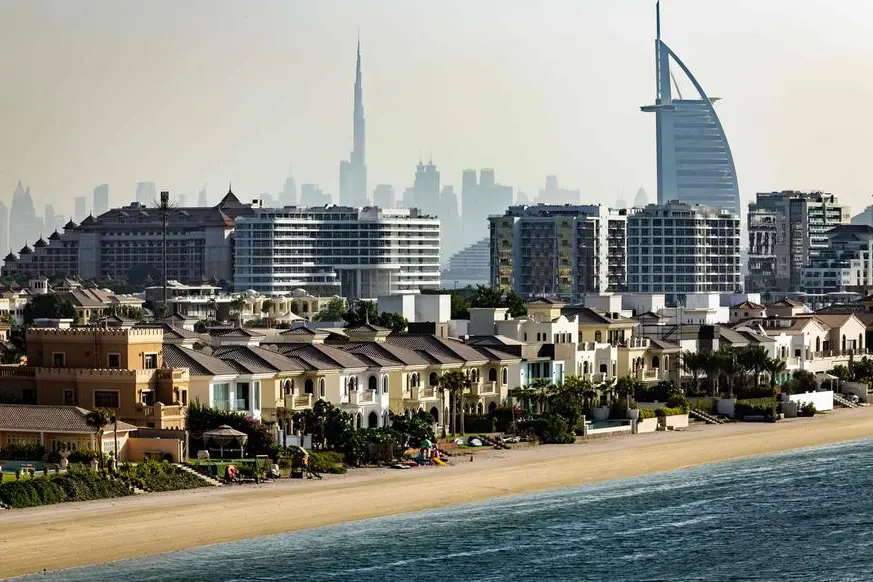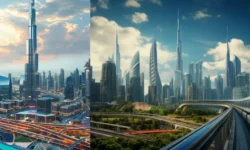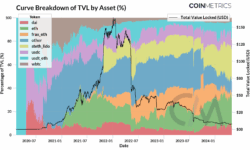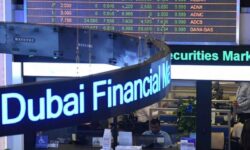
A Surge Beyond Oil: The UAE Charts a Diversified Economic Path
The United Arab Emirates (UAE) has marked an impressive 4.2% GDP growth in the first half of 2025, according to preliminary data released by the Ministry of Economy and the Federal Competitiveness and Statistics Centre. This surge, largely propelled by robust performance in the non-oil sector, reflects the country’s ongoing success in diversifying its economic base and reducing reliance on hydrocarbons.
Amidst a globally challenging economic landscape—characterized by geopolitical instability, fluctuating commodity prices, and lingering inflationary pressures—the UAE’s growth trajectory signals strong investor confidence and policy resilience.
Non-Oil Sector: The Star Performer
At the heart of this growth lies the booming non-oil economy, which expanded by 5.8% in H1 2025, accounting for over 73% of total GDP. This includes key sectors such as real estate, tourism, manufacturing, logistics, financial services, and technology—all of which have witnessed accelerated growth due to bold policy reforms and strategic investments.
Minister of Economy Abdulla bin Touq Al Marri emphasized that the non-oil economy is not only growing in scale but also in complexity and competitiveness. “The UAE’s transformation is driven by innovation, openness, and targeted regulatory reform. Our non-oil sectors are now global players, not just regional leaders,” he stated during a recent economic forum in Abu Dhabi.
Sectoral Highlights: Where Growth is Happening
🏨 Tourism & Hospitality
Dubai and Abu Dhabi continue to draw international travelers in record numbers. According to the Department of Economy and Tourism (DET), Dubai welcomed 9.4 million visitors between January and June 2025—a 19% increase year-on-year. Major global events, luxury retail offerings, and visa reform policies such as the five-year multi-entry tourist visa have significantly boosted tourism figures.
🏗️ Real Estate & Construction
The UAE’s real estate sector remained vibrant, especially in Dubai and Sharjah, buoyed by investor-friendly laws and a boom in off-plan sales. Residential and commercial property demand has risen in tandem with population growth, urban development, and the arrival of skilled expatriates via the Golden Visa program.
🏭 Manufacturing & Industry
Industrial production, especially in clean energy, aluminum, and advanced machinery, grew steadily. The “Make it in the Emirates” campaign, along with incentives under the Operation 300bn strategy, has attracted domestic and foreign investments into local manufacturing.
🏦 Financial Services & Fintech
The UAE’s financial services sector has demonstrated resilience and adaptability. The Dubai International Financial Centre (DIFC) and Abu Dhabi Global Market (ADGM) recorded double-digit growth in fintech licenses and institutional investment inflows. Cryptocurrency firms, green finance platforms, and AI-based banking solutions are reshaping the sector’s future.
Oil Sector Maintains Stability Amid OPEC+ Policies
While the non-oil sectors have taken the spotlight, the UAE’s oil and gas industry has maintained a stable contribution to GDP. Controlled production levels, aligned with OPEC+ agreements, have provided fiscal stability and sustained foreign exchange inflows. However, the sector’s relative contribution to GDP decreased to 27%, reflecting a deliberate national strategy to reduce dependence on hydrocarbon revenues.
ADNOC’s increased investment in hydrogen and carbon capture technologies aligns with the country’s Net Zero 2050 strategy, indicating a long-term pivot towards sustainable energy leadership.
Policy Reforms Fueling Growth
Several government initiatives and policies launched in recent years have started bearing fruit:
- The UAE Economic Vision 2030 and We the UAE 2031 agendas prioritize knowledge-based economic diversification and sustainability.
- Golden Visa and Green Visa schemes have attracted a new class of professionals, entrepreneurs, and investors.
- Introduction of corporate tax (9%) in 2023 has created a transparent, rules-based framework aligned with global standards, while still being competitive for international businesses.
- The UAE Industrial Strategy has incentivized startups and SMEs in tech, health, and green manufacturing sectors.
These initiatives have not only boosted GDP but also enhanced the UAE’s position in global ease-of-doing-business rankings.
Foreign Investment & Trade Booming
Foreign Direct Investment (FDI) surged by 17.5% in H1 2025, with substantial inflows into renewable energy, fintech, logistics, and biotechnology. Countries such as India, China, Germany, and the United States continue to see the UAE as a gateway to regional and African markets.
Trade volume also climbed significantly, aided by strategic free trade agreements under the Comprehensive Economic Partnership Agreement (CEPA) program, with Indonesia, Turkey, Israel, and South Korea among recent partners. These agreements have opened up vast new export markets for UAE-based companies and accelerated industrial supply chain integration.
Business Confidence & Outlook
Business confidence is at a multi-year high, according to surveys conducted by the Abu Dhabi Chamber and Emirates NBD. Over 82% of private sector companies expect increased revenues and hiring in the next two quarters.
The IMF and World Bank have both revised upward their forecasts for the UAE’s 2025 full-year growth, citing structural reforms and stable fiscal management. Inflation has been kept in check at 2.3%, and the dirham remains stable due to the pegged currency regime and strong current account surplus.
Challenges Ahead: A Need for Vigilance
Despite the strong performance, economists caution that challenges remain:
- Global geopolitical tensions, particularly between the US and China, could impact trade flows and financial markets.
- Climate change and water scarcity continue to threaten long-term sustainability in the region.
- Maintaining growth while ensuring inclusive development, especially in less-developed emirates, is a national priority.
Nevertheless, the UAE’s proactive governance, diversified economy, and strategic global partnerships place it in a strong position to mitigate these risks.
Conclusion: A Resilient Growth Story
The UAE’s 4.2% GDP growth in the first half of 2025 is more than just a number—it’s a powerful testament to the nation’s ability to adapt, innovate, and lead in a rapidly changing world. As the country continues to chart a path beyond oil, its commitment to economic diversification, regulatory excellence, and human capital development ensures that the UAE remains a global business and investment hub for decades to come.









